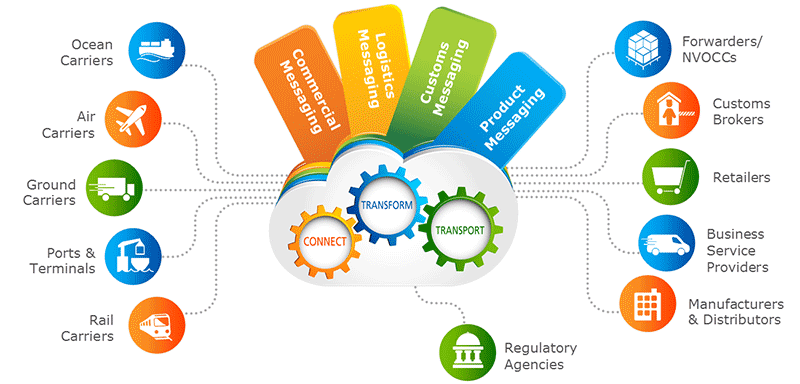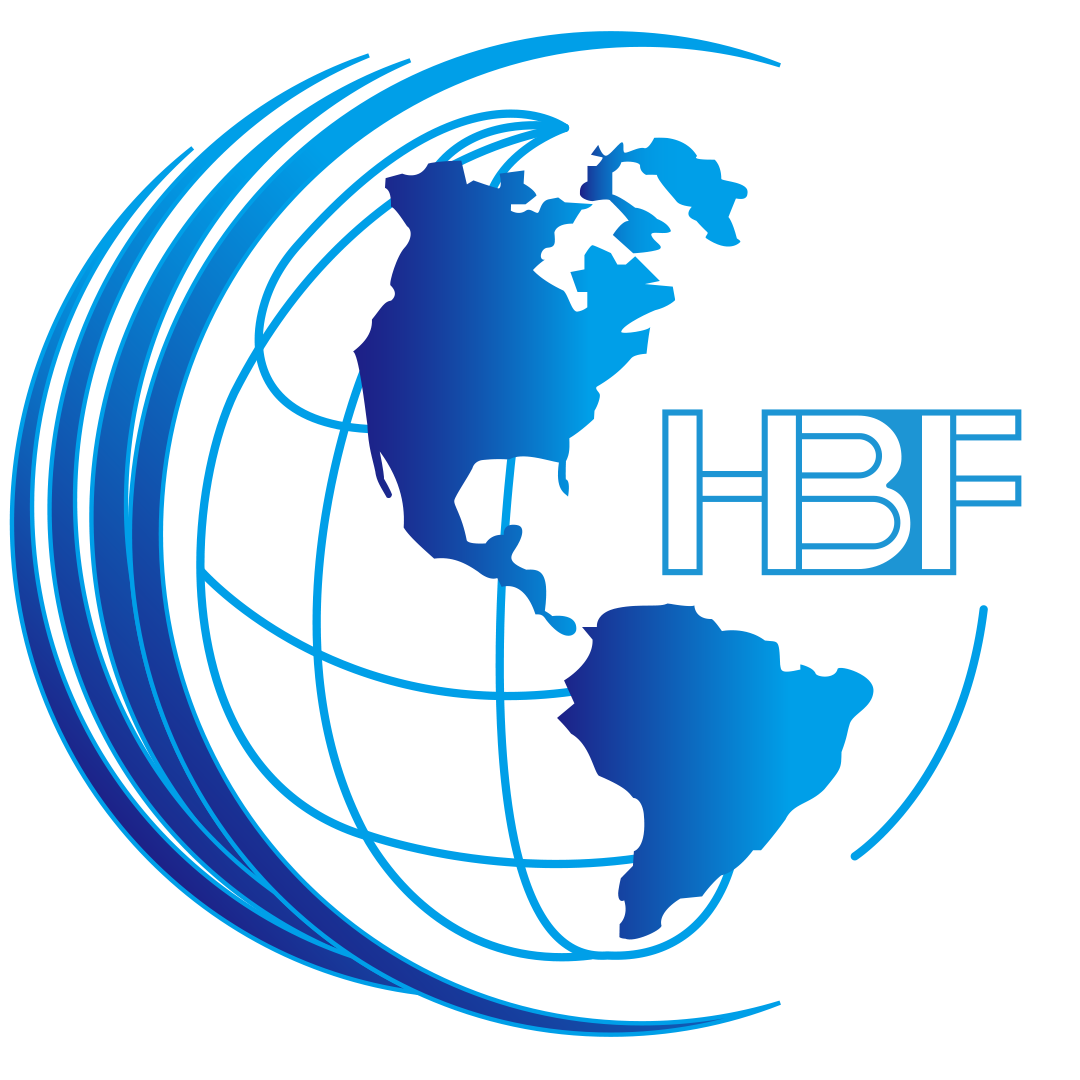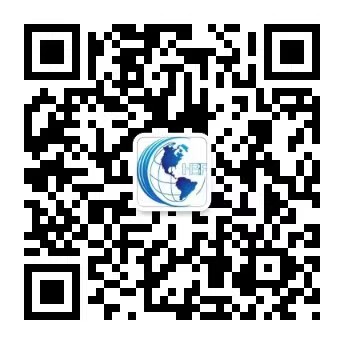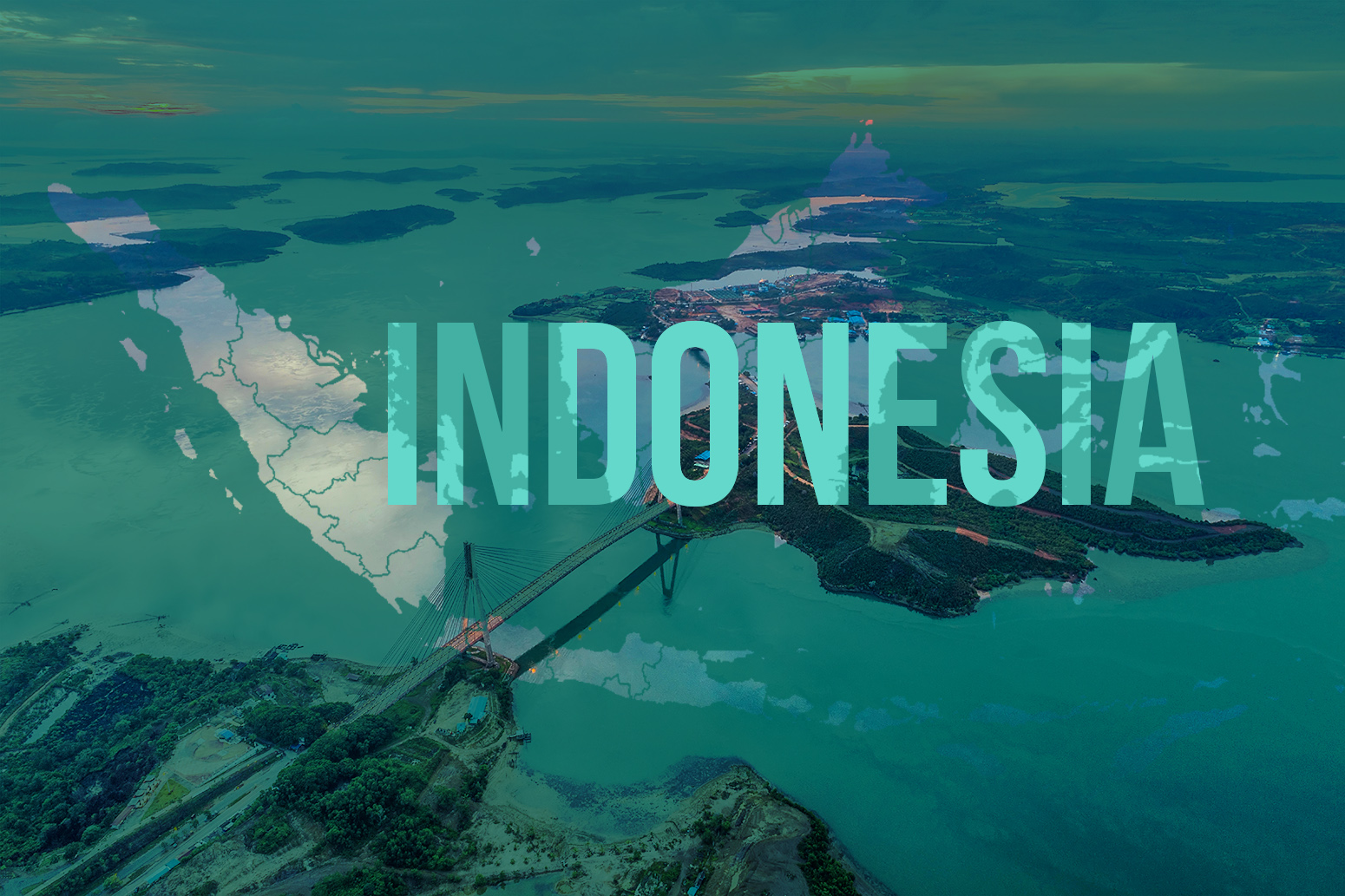印尼外资公司(PT PMA)设立的四大核心挑战及应对策略
印尼外资公司(PT PMA)的设立流程较本土公司更为复杂,主要体现在四个核心环节。以下从挑战细节到应对策略进行详细解析:
一、最低投资额限制:刚性门槛与隐性成本并存
1. 法定基本要求
根据印尼《投资法》(第 25/2007 号法律及修订案),PT PMA 的最低投资额为100 亿印尼盾(约合 70 万美元),涵盖注册资本(至少占 25%)和营运资金两部分。
- 例外情况:部分劳动密集型制造业等领域,可与印尼投资协调委员会(BKPM)协商降低最低投资额,但需提供充分的行业依据和项目说明。
2. 易被忽视的隐性成本
- 实际投资往往高于法定最低额:BKPM 在审批中会评估项目可行性,若认为申报资金不足以支撑项目运营,可能直接驳回申请。
- 验资环节的额外支出:资本验资必须由印尼持牌会计师事务所完成,不仅增加时间成本(通常需 3-5 个工作日),还会产生服务费用(约为投资额的 0.1%-0.3%)。
二、外资股权比例管制:受限于 “负面清单” 的行业准入
1. 负面清单(DNI)的核心规则
依据 2021 年《第 10 号总统令》,外资持股比例按行业划分为三类:
- 禁止类:如毒品种植、珊瑚捕捞等领域,完全禁止外资进入。
- 限制类:医疗诊所外资上限 67%、建筑业 55% 等,需严格遵守比例限制。
- 开放类:新能源、数字经济等领域允许 100% 外资持股。
2. 合资模式的潜在风险
若行业存在外资比例限制,需与本地合作伙伴成立合资公司,但可能面临:
- 股权稀释风险:部分行业要求外资逐年减持(如电商平台需在 5 年内将持股比例降至 49%)。
- 本地伙伴信用风险:印尼法律要求本地股东必须是自然人或有实体,但部分合作方可能因资质不足导致项目停滞,甚至引发法律纠纷。
三、文件准备:公证、认证与合规性的多重考验
1. 基础文件的严格要求
- 公司章程(Akta Pendirian)需由印尼公证处(Notaris)起草,并提交法律人权部备案,确保内容符合印尼《公司法》。
- 外资母公司文件(如营业执照、章程)需经过:
- 海牙认证(Apostille,适用于海牙公约成员国);
- 或印尼驻外使领馆认证(适用于非海牙公约国)。
2. 行业专项许可的复杂性
涉及特殊行业(如矿业、金融)时,需额外提交:
- 环境影响评估(AMDAL);
- 行业主管部门推荐信(如通信业需邮政总局审批、金融业需央行许可)。
3. 常见的文件驳回原因
- 翻译错误(所有文件需译为印尼语,且翻译需经官方认可);
- 母公司文件过期(需确保文件有效期覆盖整个审批周期);
- 股东签名未公证(需与原文件一致并经权威机构认证)。
四、多层审批流程:从原则许可到落地运营的漫长链条
1. BKPM 原则许可(Izin Prinsip)的关键作用
这是前置审批环节,需提交投资计划、资金来源证明、项目可行性研究等材料,耗时14-25 个工作日。
- 难点:BKPM 可能要求修改投资额或股权结构,尤其在农业用地等敏感行业,对外资所有权限制更为严格。
2. 后续许可的连锁要求
取得原则许可后,仍需办理一系列手续:
- 公司住所证明(需地方政府批准,证明办公地址的合法性);
- 税务登记(NPWP,用于缴纳企业所得税、增值税等);
- 营业执照(Izin Usaha,作为合法经营的凭证);
- 用工许可(IMTA,若计划雇佣外籍员工,需提前申请)。
3. 地区差异带来的审批风险
- 巴厘岛等旅游区因招商引资需求,审批流程相对快捷;
- 爪哇以外省份可能因基础设施不足,要求投资者追加投资承诺(如建设配套交通、环保设施)。
五、降低合规风险的实操应对策略
优化股权设计
通过 “双层架构” 规避限制,例如外资先控股新加坡公司,再由新加坡公司投资印尼,利用东盟自贸协定的优惠政策降低股权限制影响。
分阶段投入资金
先以满足最低要求的金额获取原则许可,后续根据项目进展通过增资扩股补足资金,减少初期资金压力。
借助本地化专业资源
聘请印尼合规顾问(如 AJP、SKK Migas 等在能源领域有经验的咨询公司),提前预审文件,避免因细节问题导致审批延误。
利用数字化审批渠道
通过 BKPM 的OSS 系统(Online Single Submission) 提交申请,可缩短约 20% 的处理时间,同时实时追踪审批进度。
结语
印尼 PT PMA 设立的复杂性,本质上是政策保护主义与吸引外资之间的平衡体现。尽管流程繁琐,但凭借 2.7 亿人口的庞大市场以及《综合法案》(Omnibus Law)对审批流程的持续简化,合规进入的投资者仍能获得长期收益。关键在于准入阶段投入足够的专业资源,提前规避潜在风险,确保项目顺利推进。
Four Core Challenges and Coping Strategies for Establishing a Foreign-Owned Company (PT PMA) in Indonesia
The process of establishing a foreign-owned company (PT PMA) in Indonesia is more complex than that of a local company, mainly reflected in four core links. The following is a detailed analysis from the details of the challenges to the coping strategies:
I. Minimum Investment Restriction: Coexistence of Rigid Thresholds and Hidden Costs
- Statutory Basic Requirements
According to Indonesia's "Investment Law" (Law No. 25/2007 and its amendments), the minimum investment amount for a PT PMA is 10 billion Indonesian rupiah (approximately 700,000 US dollars), including registered capital (at least 25%) and working capital.
Exceptional industries: Some fields (such as labor-intensive manufacturing) may have lower requirements, but negotiations with BKPM (Indonesia Investment Coordinating Board) are required.
2. Easily Overlooked Hidden Costs
The actual investment often needs to far exceed the minimum amount, because BKPM will evaluate the feasibility of the project during the approval process, and may reject the application if it deems the funds insufficient.
Capital verification must be conducted through a licensed Indonesian accounting firm, increasing time and cost.
II. Foreign Equity Ratio Restriction: Industry Access Based on "Negative List" Mechanism
- Core Rules of Negative List (DNI)
According to the 2021 "Presidential Decree No. 10", the proportion of foreign shareholding is determined by the industry:
Prohibited categories (such as drug cultivation, coral fishing): Foreign investment is completely prohibited.
Restricted categories (such as foreign capital in medical clinics is capped at 67%, and in construction industry at 55%).
Open categories (such as new energy and digital economy allow 100% foreign capital).
2. Potential Risks of Joint Venture Model
If the foreign capital ratio is restricted, it is necessary to establish a joint venture with a local partner, but there may be:
Equity dilution risk: Some industries require foreign capital to reduce holdings year by year (such as e-commerce platforms need to drop to 49% within 5 years).
Credit risk of local partners: Indonesian law requires local shareholders to be natural persons or entities. If the partner is not qualified enough, the project may be stagnant or even lead to legal disputes.
III. Document Preparation: Multiple Tests of Notarization, Authentication and Compliance
- Strict Requirements for Basic Documents
The articles of association (Akta Pendirian) must be drafted by an Indonesian notary public (Notaris) and submitted to the Ministry of Law and Human Rights for filing to ensure compliance with Indonesia's "Company Law".
Documents of the foreign parent company (such as business license, articles of association) need to go through:
Hague Apostille (applicable to Hague Convention member states);
Or certification by Indonesian embassies and consulates abroad (applicable to non-Hague Convention countries). - Complexity of Industry-Specific Licenses
When involving special industries (such as mining, finance), additional submissions are required:
Environmental Impact Assessment (AMDAL);
Recommendation letters from industry competent authorities (such as the communications industry requires approval from the General Post Office, and the financial industry requires approval from the central bank).
3. Common Reasons for Document Rejection
Translation errors (all documents must be translated into Indonesian, and the translation must be officially recognized);
Expired parent company documents (need to ensure that the validity period of the documents covers the entire approval cycle);
Unnotarized shareholder signatures (must be consistent with the original documents and certified by authoritative institutions).
IV. Multi-Layer Approval Process: A Long Chain from Principle License to Operational Implementation
- Key Role of BKPM Principle License (Izin Prinsip)
This is a pre-approval link, which requires submitting investment plans, proof of source of funds, project feasibility studies and other materials, taking 14-25 working days.
Difficulty: BKPM may require modification of investment amount or equity structure, especially in sensitive industries such as agricultural land, where restrictions on foreign ownership are stricter.
2. Chain Requirements for Subsequent Licenses
After obtaining the principle license, a series of procedures still need to be handled:
Company domicile certificate (requires approval from the local government to prove the legality of the office address);
Tax registration (NPWP, used for paying corporate income tax, value-added tax, etc.);
Business license (Izin Usaha, as a certificate for legal operation);
Work permit (IMTA, if planning to employ foreign employees, it needs to be applied in advance).
3. Approval Risks Caused by Regional Differences
Tourist areas such as Bali have relatively fast approval processes due to investment promotion needs;
Provinces outside Java may require investors to make additional investment commitments (such as building supporting transportation and environmental protection facilities) due to insufficient infrastructure.
V. Practical Strategies to Reduce Compliance Risks
Optimize Equity Design
Avoid restrictions through a "two-tier structure". For example, foreign capital first controls a Singaporean company, and then the Singaporean company invests in Indonesia, taking advantage of the preferential policies of the ASEAN Free Trade Agreement to reduce the impact of equity restrictions.
Phase in Capital Investment
Obtain the principle license with the minimum required amount first, and then make up the funds through capital increase and share expansion according to the project progress to reduce the initial capital pressure.
Leverage Local Professional Resources
Hire Indonesian compliance consultants (such as consulting companies with experience in the energy field like AJP and SKK Migas) to pre-review documents in advance to avoid approval delays due to detailed issues.
Utilize Digital Approval Channels
Submit applications through BKPM's OSS system (Online Single Submission), which can shorten the processing time by about 20% and track the approval progress in real time.
Conclusion
The complexity of establishing a PT PMA in Indonesia essentially reflects the balance between policy protectionism and attracting foreign investment. Despite the cumbersome process, with a huge market of 270 million people and the continuous simplification of approval procedures under the "Omnibus Law", investors who enter in compliance can still obtain long-term benefits. The key is to invest sufficient professional resources in the access stage to avoid potential risks in advance and ensure the smooth progress of the project.







